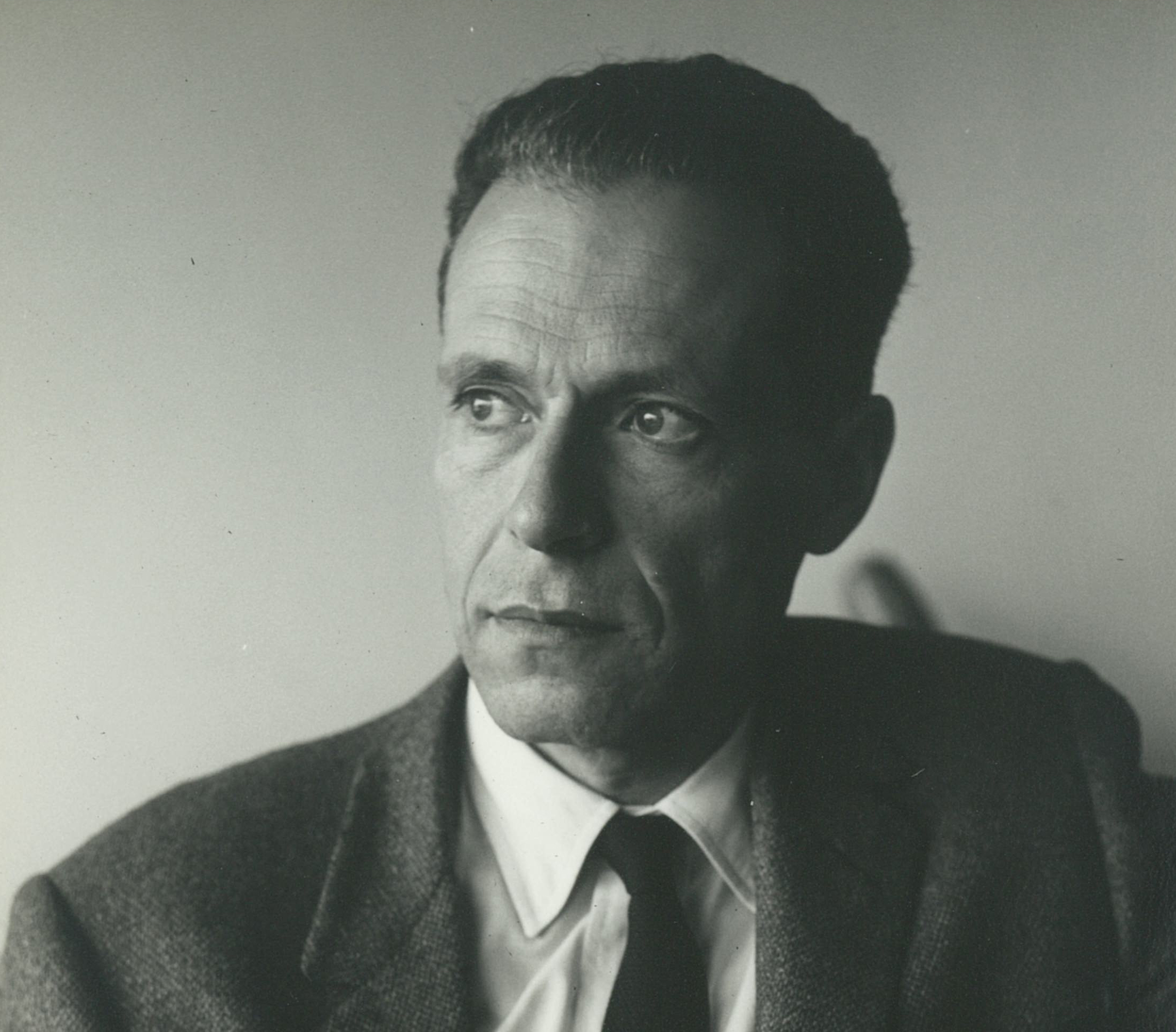Albert O. Hirschman was born in Berlin in 1915, a turbulent period and a dangerous place for a Jewish, progressive intellectual. By the age of nineteen, Hirschman had witnessed the collapse of the cosmopolitan world his generation sought to protect, as persecution, intolerance, and war swept across Europe. His extraordinary journey led him from Germany to Spain, where he fought in the Civil War, to occupied France, where he helped smuggle refugees to safety, and finally to the United States. There, he became one of the most influential experts on Latin America, focusing on the challenges of economic and political development.
Hirschman’s life experiences profoundly shaped his intellectual pursuits. He was fascinated by two critical questions:
- Why do people engage or disengage from public welfare?
- How do individuals bring about social or political change?
He proposed that societies go through collective cycles of engagement periods of passionate activism followed by phases of retreat into private, individual goals. These ideas remain strikingly relevant today and continue to inspire debates about public action and societal transformation. For a deeper exploration of his contributions, read this article on his work analyzing Latin America’s development and his enduring intellectual legacy.



